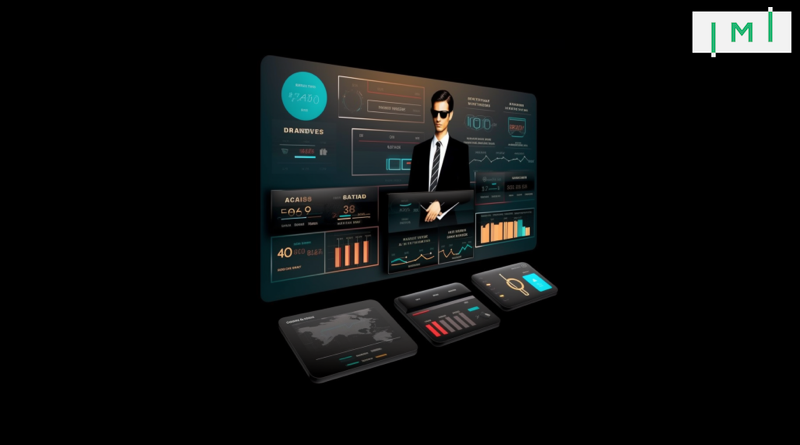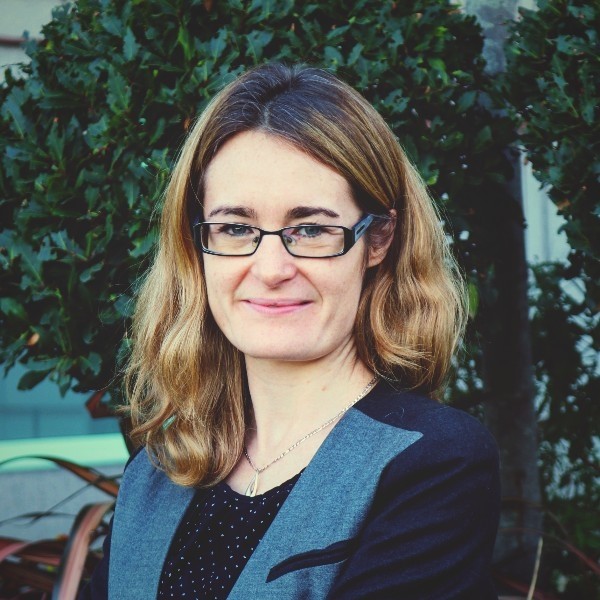The 3 Hallmarks of Robust Citizenship by Investment Due Diligence

Fabienne de Blois
London
Given the near irrevocable nature of citizenship once it is granted, due diligence in the citizenship-by-investment space is always complex. With many eyes on the process and its robustness, we are sharing three key guiding principles that our teams use during the due diligence process.
First, robust due diligence does not stop at “verification”
The term “background check” implies that information can easily be determined as accurate or inaccurate and that its confirmation or lack thereof results in a binary decision.
In reality, information alone cannot help citizenship by investment units assess the risks of onboarding a new applicant unless the credibility, relevance, and significance of that information are analyzed and contextualized. Issues that might at first appear to be an immediate red flag can be established as commonplace upon further analysis.
For example, an apparent discrepancy in an applicant’s name may stem from differing conventions regarding the use of tribal or patrilineal names across jurisdictions (or, indeed, across the applicant’s lifespan). Similarly, we often come across applicants whose reputation is positive in professional and regulatory circles but whose source of funds nevertheless carries AML and CFT risks for an organization granting them greater financial or physical mobility.
Second, robust due diligence must look past the headlines
To be robust, due diligence must reach beyond the initial impression conveyed in public record sources. While there is no set formula for analysis, and it is not solely an information-gathering exercise, it begins with research findings and concludes once these findings have been contextualized through the integration of human source insights and our background understanding of existing risks and mitigating factors.
Manual retrieval of physical records can still play a big part in robust due diligence, given that documents such as legal filings, bankruptcy notices, and tender documents are often not digitized and are only available offline via archives, courthouses, or other public registries. By conducting comprehensive on- and offline public record research, we can often paint a more accurate picture of a company’s beneficial ownership than is conveyed in digitized corporate records.
Media allegations can rarely be taken at face value. To assess the credibility and relevance of an allegation, it is essential to understand both who published it and why. Only with the answers to these two questions can we start to shed light on the integrity and credibility of the information conveyed. This process requires that we look beyond digital sources and conduct inquiries with on-the-ground sources familiar with the underlying issues.
By ensuring the due diligence approach is both critical and multilayered, decision-makers can begin to understand the likelihood and potential impact of the reputational and regulatory scrutiny that might ensue from a successful application.
Finally, due diligence is all about dialogue
As external and objective due diligence specialists whose research and analytical processes are independent, it is essential that our findings be assessed in light of the risks faced by the clients instructing us. This requires meaningful engagement with the client organization to develop a deep understanding of their risk tolerance and internal assessment techniques. This is best developed in person – through discursive workshop sessions, which give rise to a two-way process of information and knowledge sharing.
While human source inquiries are one of the most valuable tools at the disposal of the due diligence professional, their value can only be realized through thoughtful and sensitive conversations with individuals whose access means that they can provide real insight into the operations and probity of a business.
Information is most valuable when it is exchanged collaboratively in a transparent and trusting context. The commentary that we obtain is only useful if we understand the objectives of the source we have spoken to and their motivations or biases. This speaks to the other aspect of collaboration that is so key to the craft of all due diligence professionals – nurturing relationships with sources on the ground and having constructive, critical dialogue about the issues at hand.
Fabienne co-leads the S-RM dedicated investor due diligence practice. She has 12 years of experience researching and managing complex due diligence, business intelligence, and corporate investigations projects for multilateral institutions, global law firms, and leading corporates and is well-versed in the intersection between social, legal and economic dynamics and civil society and public record engagement with issues that present global AML and ABC concerns. Before joining S-RM in 2018, Fabienne worked for two leading corporate intelligence consultancies, and in a research capacity for leading academics researching statelessness and political economy dynamics in the MENA region. Fabienne holds a BA in Arabic and Politics from the School of Oriental and African Studies (SOAS), University of London.



